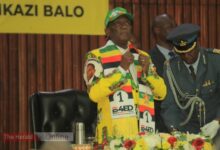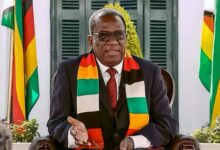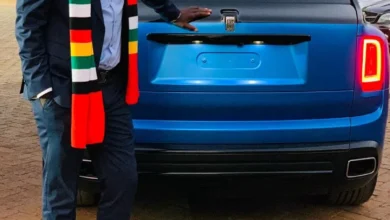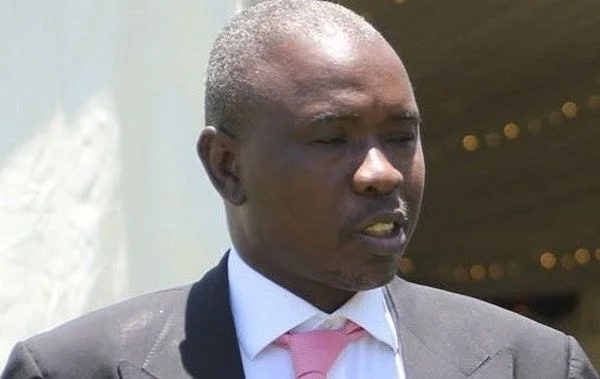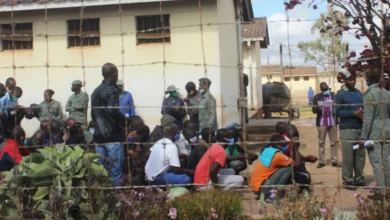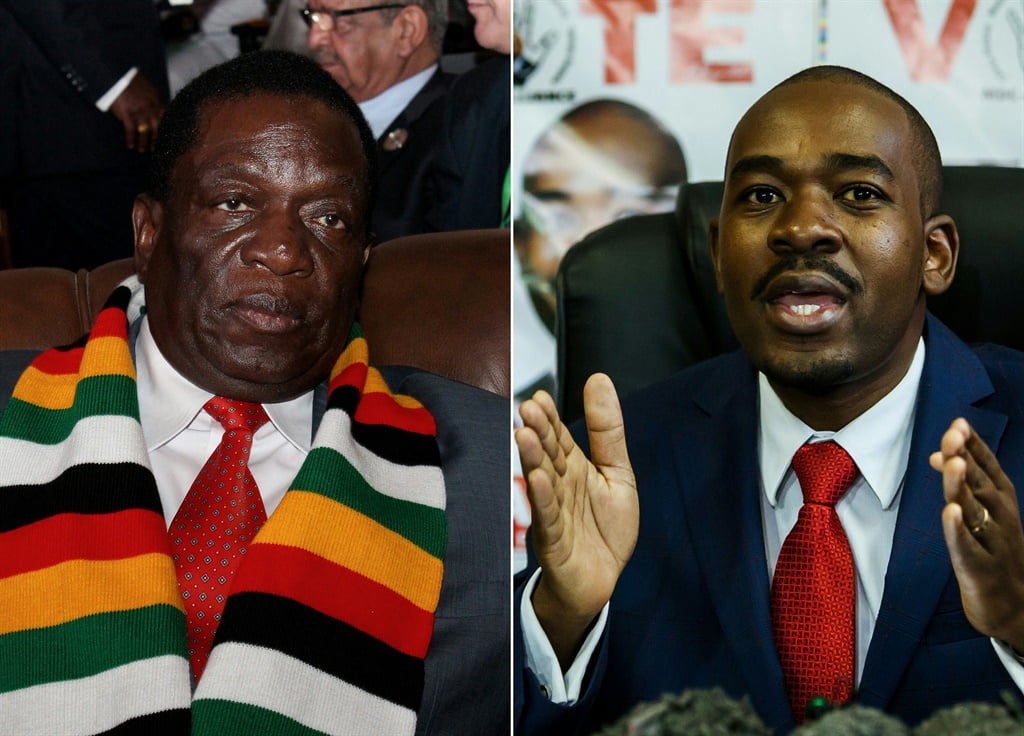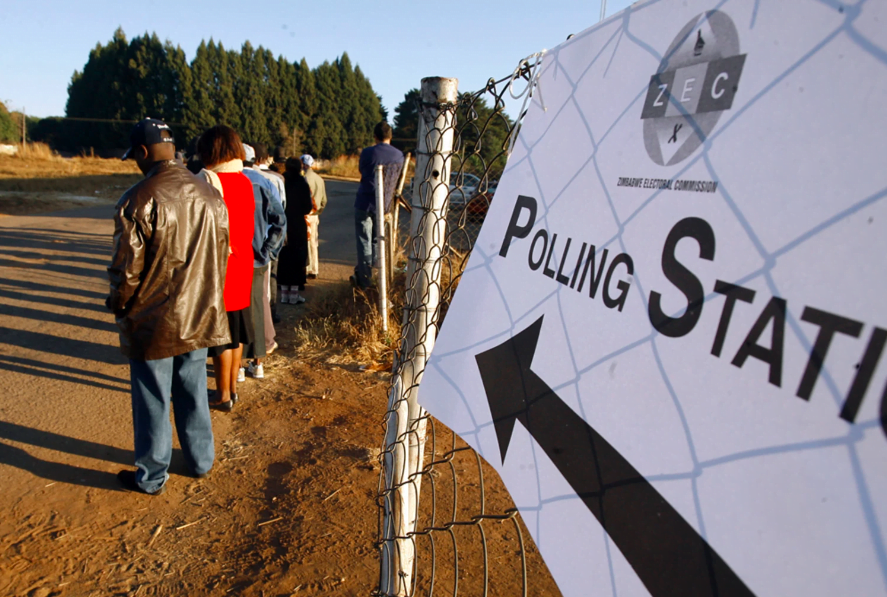
A MEMBER of President Emmerson Mnangagwa‘s controversial Political Actors Dialogue (Polad) platform has approached the courts challenging the steep nomination fees set by the Zimbabwe Electoral Commission (Zec) ahead of this year’s elections.
Zec caused an uproar last year when it increased nomination fees to be paid by candidates that will contest local government, parliamentary and presidential elections by a staggering 1 900%.
Polad, a grouping of losing 2018 presidential election candidates, was set up by Mnangagwa soon after the disputed polls ostensibly to improve Zimbabwe’s electoral environment.
For the past five years, the group has gobbled millions in taxpayers’ money, but has nothing to show for it as government is yet to institute any tangible electoral reforms.
Citizens Coalition for Change leader Nelson Chamisa, who narrowly lost to Mnangagwa in the previous polls, refused to join Polad saying it was a waste of resources.
Zec’s astronomical nomination fees added to a layer of grievances by political actors in the country, who argue that the electoral field is titled in favour of the ruling Zanu-PF.
Last year, government gazetted Statutory Instrument (SI) 144 of 2022, which increased the nomination fees for presidential candidates from US$1 000 to US$20 000.
Nomination fees for the National Assembly and the Senate were increased from US$50 to US$1 000.
Nationalists Alliance Party leader and Polad member Divine Mhambi Hove filed a High Court challenge seeking to have the fees set aside.
Hove cited Parliament of Zimbabwe as the first respondent in the matter where he is represented by constitutional lawyer and Polad member Lovemore Madhuku.
In the application, Hove said Parliament failed in its legislative role to examine SI 144 of 2022 and consider whether it was not in contravention of the Constitution
“Parliament failed to fulfil this constitutional obligation in one of two ways,” part of the application reads.
“First, I am not aware of any report by the Legal Committee that records that Statutory Instrument 144 of 2022 went through the procedure in section 152(3)( c) of the Constitution.
“If it turns out that Statutory Instrument 144 of 2022 did not go through the procedure in section 152(3)( c) of the Constitution, that would be a textbook failure to fulfil a constitutional obligation.”
Hove said the legal instrument violated citizens’ rights as enshrined in the Constitution because high fees would restrict the majority of Zimbabwean citizens from contesting in the polls.
“Secondly and as an alternative, if Statutory Instrument 144 of 2022 went through the procedure in section 152(3)(c) of the Constitution, the fact that Parliament did not consider that it infringed the rights of the citizens provided for in and protected by section 67 of the Constitution is evidence of failure to ‘examine’ and ‘consider ‘within the contemplation of the Constitution.”
In his notice of opposition, Speaker of the National Assembly, Jacob Mudenda said the application was not properly before the court as the obligation to examine the SIs was that of the Parliamentary Legal Committee and not Parliament itself.Mnangagwa last week said he would announce the dates of the harmonised elections at the end of next month.
Source: bulawayo24
In other news- Violent foreign vendors invades Bulawayo
Bulawayo City Council (BCC) has claimed that vendors operating along Fife Street are from outside the city amid escalating fights between the vendors and the municipality police.

According to council minutes, deputy mayor Mlandu Ncube said the violent vendors were not from Bulawayo judging from how they behave. Learn more



